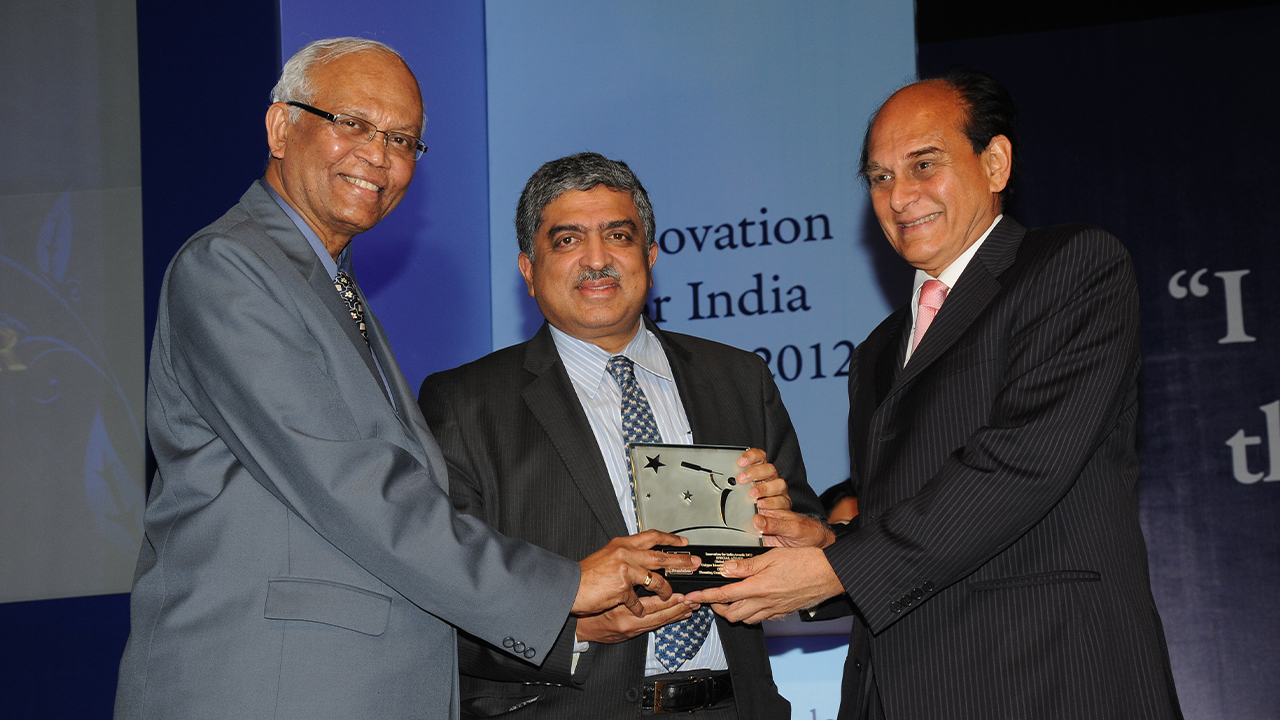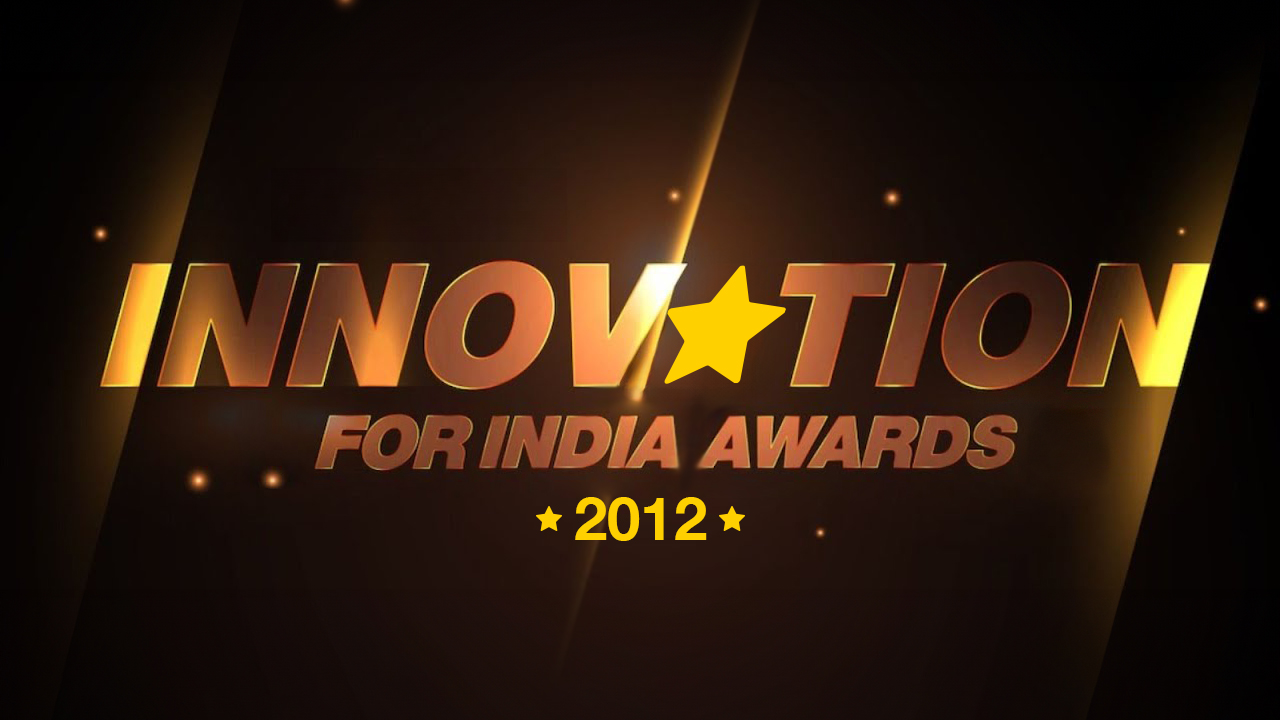
 Business
Business
Using technology and leveraging the widespread penetration of the internet, RedBus has consolidated over 40% of the extremely fragmented and unorganised industry of private bus contractors in India, and in the process sold 6.5 million tickets online.

 Business
Business
IndiGo has earned a reputation for being one of India’s most reliable (on-time), profitable airlines in India, and it has done this through constant innovation in its operational processes, including a unique boarding ramp design that reduces boarding time, pre-landing cleaning announcements, unique fabric seat covers that reduce dust, and more.
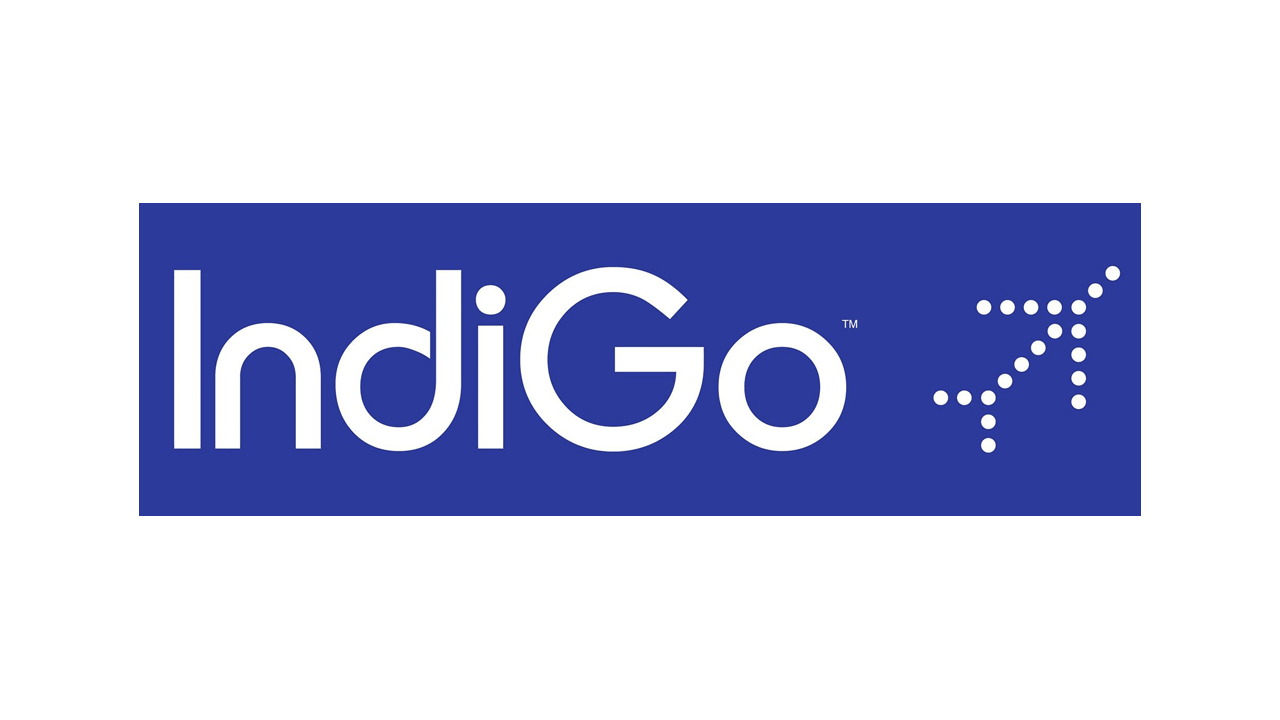
 Business
Business
By delivering films over satellite to cinema halls across the country, UFO Moviez has become the world’s first and largest network of satellite theatres. It has not only managed to lower costs, reduce piracy, and increase box office collections but also increase viewer outreach.

 Social
Social
St. Jude India has created an innovative model of childcare centres—currently seven—where children battling cancer and their families can avail free services, such as clean accommodation, education, recreational activities, transportation to and from treatment, cooking facilities, nutritious ration, and counselling services.
They have carefully designed family units in colours that stimulate positive energy, and communal kitchens and common areas that promote a familial feeling. There are individual kitchen units for each family to ensure the child gets ‘comfort food’. Their educational programmes equip the child to adapt to any board of education eventually, and recreational activities teach the family basic concepts of hygiene and safety.
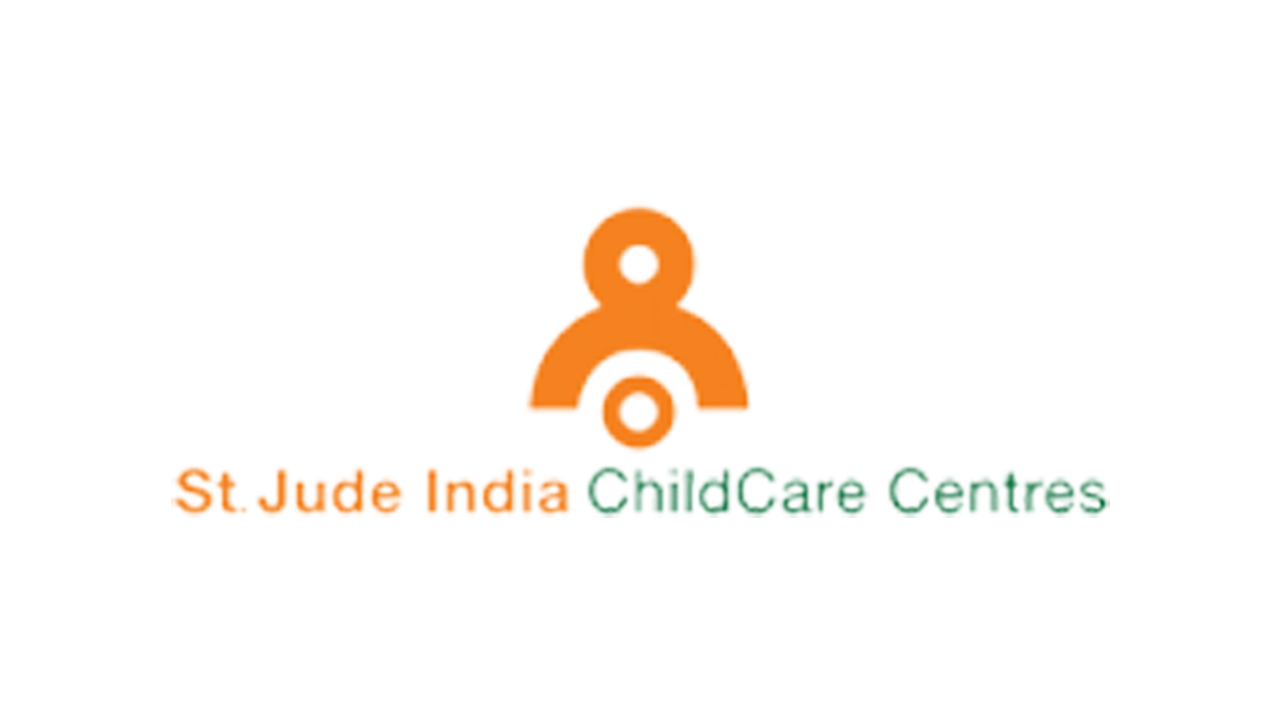
 Social
Social
Modelled on Teach for America, Teach for India has set new benchmarks in delivery of social service. It operates a highly successful two-year fellowship that recruits college graduates and working professionals to serve as full-time teachers in under-resourced schools. This initiative has not just impacted students’ educational outcomes such as bridging an average skill gap of 1.5 years in its children, it has also sparked long-term change by transforming its fellows into harbingers of social change.
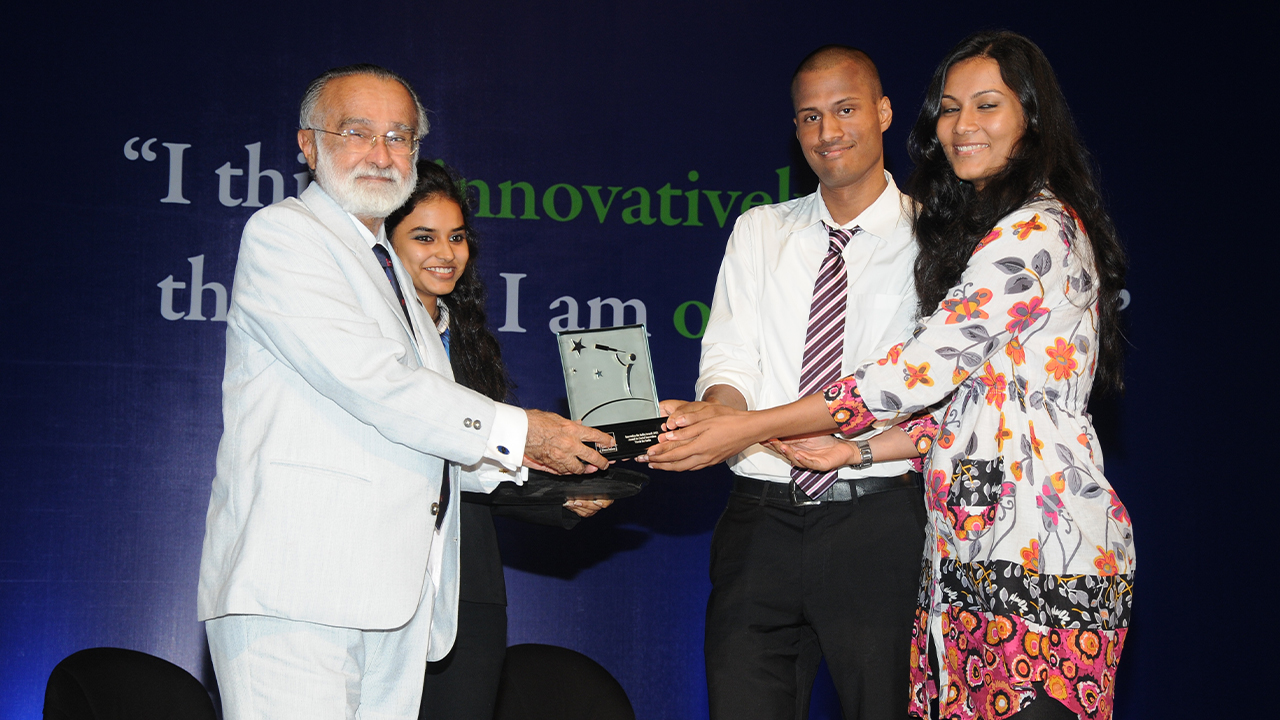
 Social
Social
Akshaya Patra is the first and largest non-governmental organisation in India providing mid-day meals to schools. Leveraging technology and a high degree of innovation, the organisation has built a replicable and scalable model to provide hot, nutritious, and tasty mid-day meals every school day as an incentive for 1.3 million children to come to school. Some of its innovative approaches include automated kitchens based on gravity flow to ensure food is touched minimally by human hands and hygiene is maintained. Other innovations include their roti-making machine (fastest at 40,000/hour) and large-scale machines to clean rice.
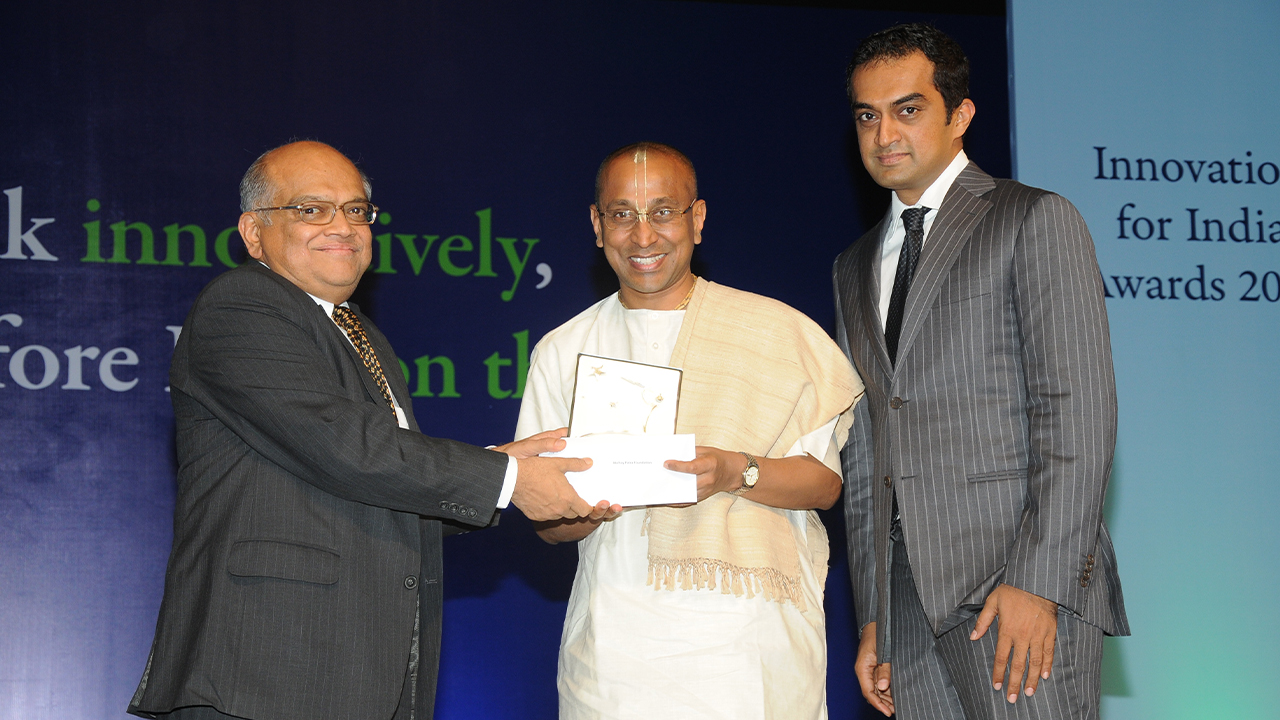
 Social
Social
Fractal Foundation has created a product that has the potential to disruptively change the textile value chain. Their cotton micro-spinning unit is 1/100th the scale of a traditional spinning mill, and can help generate an integrated manufacturing value chain that can be housed—literally—in one’s backyard. This, thus, has the potential for great rural employment and self-sustainability

 Public Services
Public Services
Emergency Management and Research Institute (EMRI) 108 service, with state of the art emergency response handling centres and advanced medical facilities equipped in ambulances, is the first player to integrate medical emergencies with fire and police emergencies. Its excellent response systems assure penetration into every area of the country that is accessible by road within a short span of time.
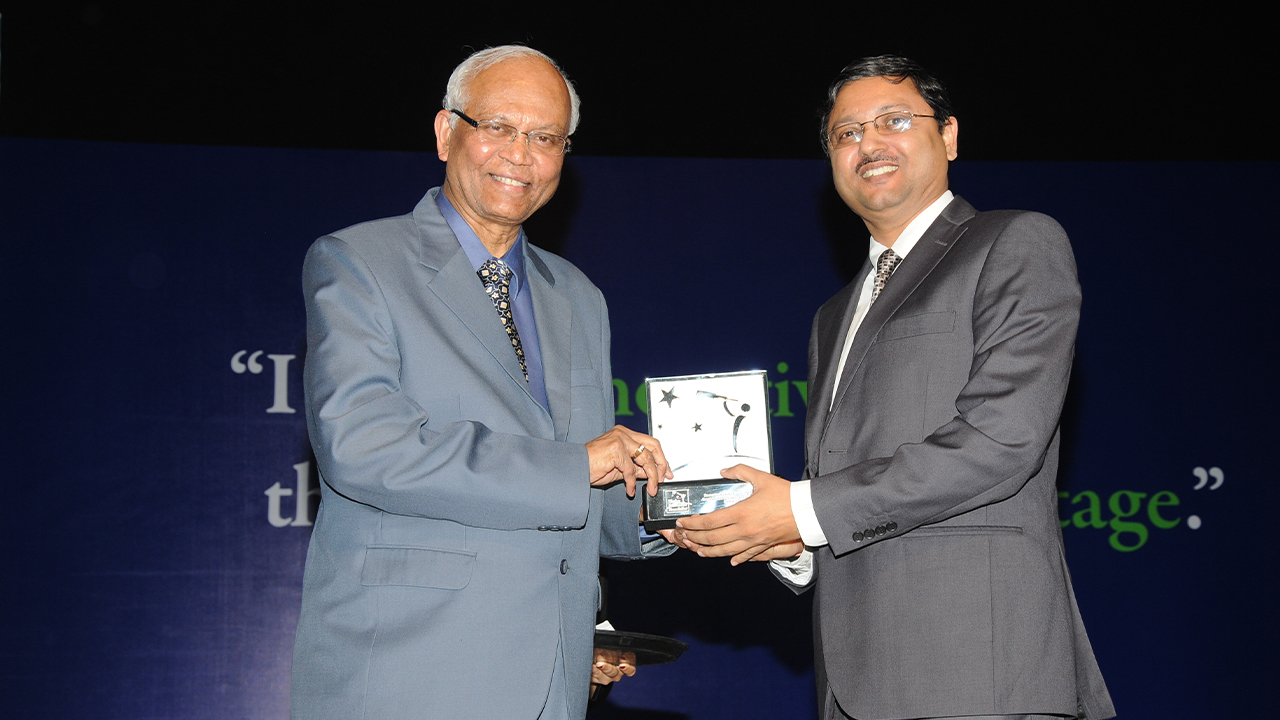
 Global Gamechanger
Global Gamechanger
Unique Identification Authority of India (UIDAI) is the statutory authority responsible for creating the world’s largest biometric database for social security for the masses, through a 12-digit unique identity number called AADHAAR for Indian residents.
